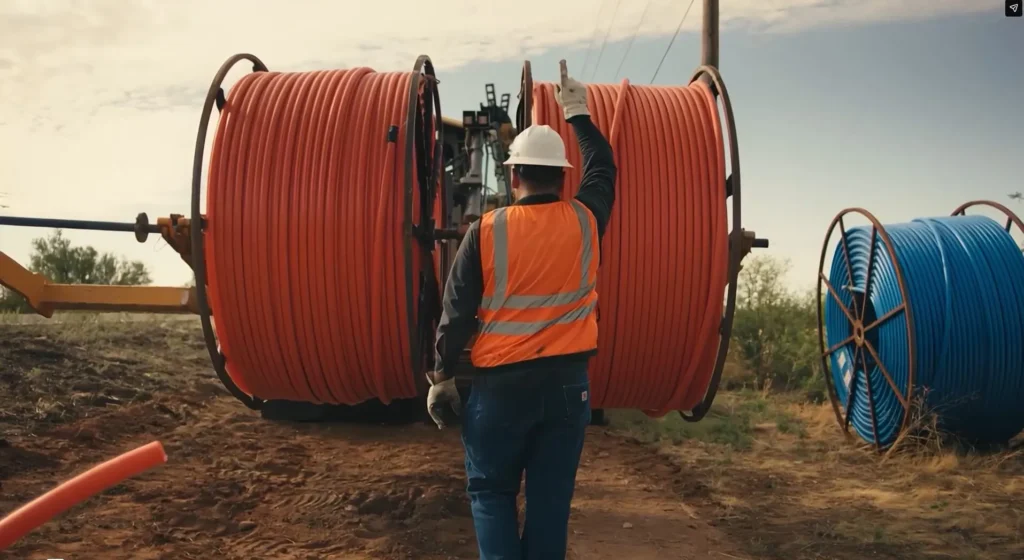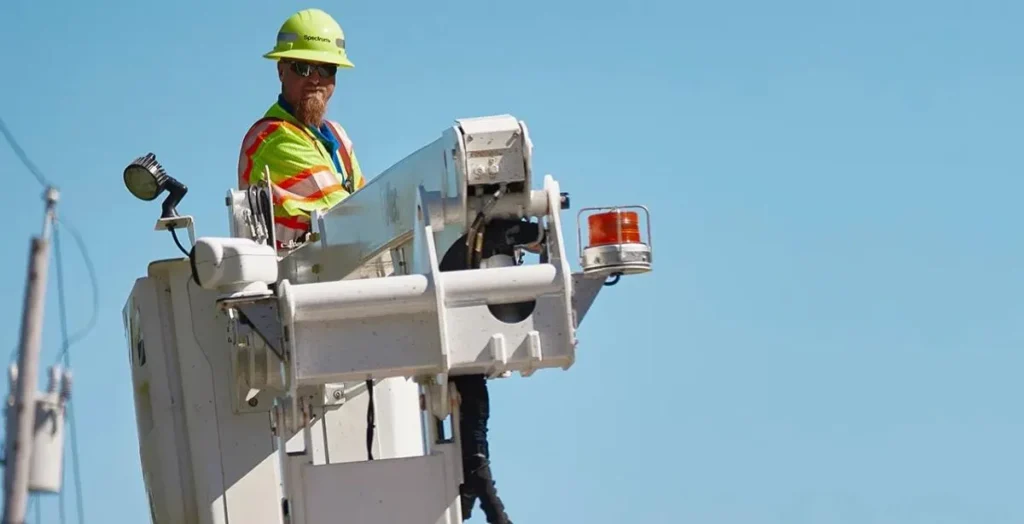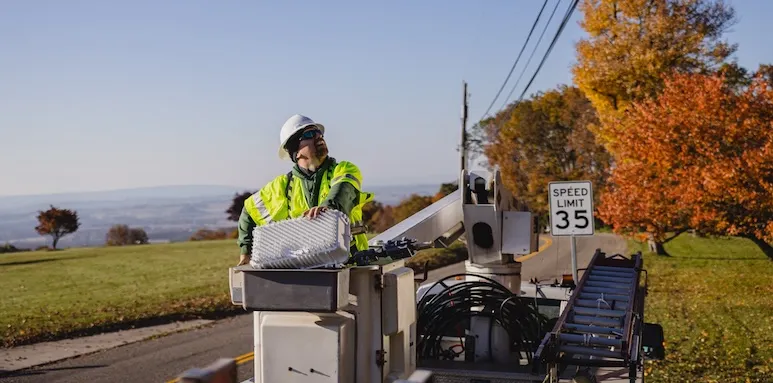By NCTA President & CEO Michael Powell
Originally published in recode on December 13th, 2017
Tomorrow, the Federal Communications Commission will vote to restore light-touch regulation and promote investment in internet networks. Opponents of this action have responded with hyperbole, demagoguery and even personal threats. New-age Nostradamuses predict the internet will stop working, democracy will collapse, plague will ensue and locusts will cover the land.
With an ounce of reflection, one knows that none of this will come to pass, and the imagined doom will join the failed catastrophic predictions of Y2K and massive snow storms that fizzle to mere dustings — all too common in Washington, D.C. Sadly, rational debate, like Elvis, has left the building.
The vibrant and open internet that Americans cherish isn’t going anywhere. In the days, weeks and years following this vote, Americans will be merrily shopping online for the holidays, posting pictures on Instagram, vigorously voicing political views on Facebook and asking Alexa the score of the game. Startups and small business will continue to hatch and flourish, and students will be online, studiously taking courses. Time will prove that the FCC did not destroy the internet, and our digital lives will go on just as they have for years.
This confidence rests on the fact that ISPs highly value the open internet and the principles of net neutrality, much more than some animated activists would have you think. Why? For one, because it’s a better way of making money than a closed internet.
A network company makes the most money when its pipe is full with activity. The more consumers use, the more profitable the business. With new, compelling services, consumer demand rises for higher speeds. Degrading the internet, blocking speech and trampling what consumers now have come to expect would not be profitable, and the public backlash would be unbearable. Economic self-interest and the pursuit of profits tilts decidedly toward an open internet.
ISP opposition to the current rules has nothing to do with the basic net neutrality principles. What they really object to is the prior administration’s decision to take the extraordinary step of asserting expansive power to regulate nearly every facet of the internet by classifying it as a public utility, which goes far beyond protecting net neutrality.
Invoking Title II permits the FCC to set prices, approve or disapprove of new innovations, and dictate the terms and conditions of offering service. The well-founded fear is that such heavy-handed regulation of the network will raise costs (and ultimately consumer prices) and slow the pace of investing to improve the network. Rural communities wait longer for broadband to arrive and current users wait longer for improvements in speed and quality. Not good.
If you want to see the debilitating impact of utility-style regulation on investment and innovation, just look at our crumbling roads, bridges and electric grid and imagine what that kind of chronic underinvestment will do over time to the future of the internet.
The biggest threat to Silicon Valley innovation and improving consumer experiences is not net neutrality, it is an internet that stalls and does not get better. Tech innovation and network innovation are symbiotic. Each depends on the other to keep up. Netflix could move from DVDs to streaming because the network had become faster. In turn, because of Netflix, consumers demanded and purchased faster speeds, which could justify new network investment.
That virtuous cycle is critical. You cannot play digital music on a record player; you need both the content and the platform to evolve together. The current FCC rules throw that relationship out of balance.
Chairman Pai recognizes this dynamic and believes that the current rules, resting on heavy internet regulation, disrupt that balance. One may disagree with his judgment, but it is not a radical, evil supposition. In fact, his changes would restore the same light-touch approach that was upheld by the U.S. Supreme Court in 2005 and had been in place for basically the entire life of the internet. That period demonstrated how powerful the innovation machine can be when properly synchronized — we saw tremendous innovation on the web and a network that grew faster than any technology in history.
The FCC’s approach is a sound one. It eliminates the old, common carrier model that places a drag on Internet growth, while adopting a nimbler mechanism for policing potentially harmful behavior. It requires providers to be transparent with consumers and empowers the Federal Trade Commission to protect consumers from actual harm. This is the same regulatory framework used to oversee the tech giants like Google, Facebook, Twitter and Amazon who regularly block users, prioritize content and offer fast lanes for a fee. By having the same agency overseeing both sides of the Internet ecosystem, it ensures that policy is balanced and fairly applied.
The FCC plan to restore light-touch regulation is an important move to get the government out of micromanaging the internet, and an opportunity to start a new conversation about internet policy that reflects actual marketplace dynamics. Instead of letting the doomsayers win the day, let’s focus on crafting sound policy that continues our progress of building the best broadband infrastructure for America.








